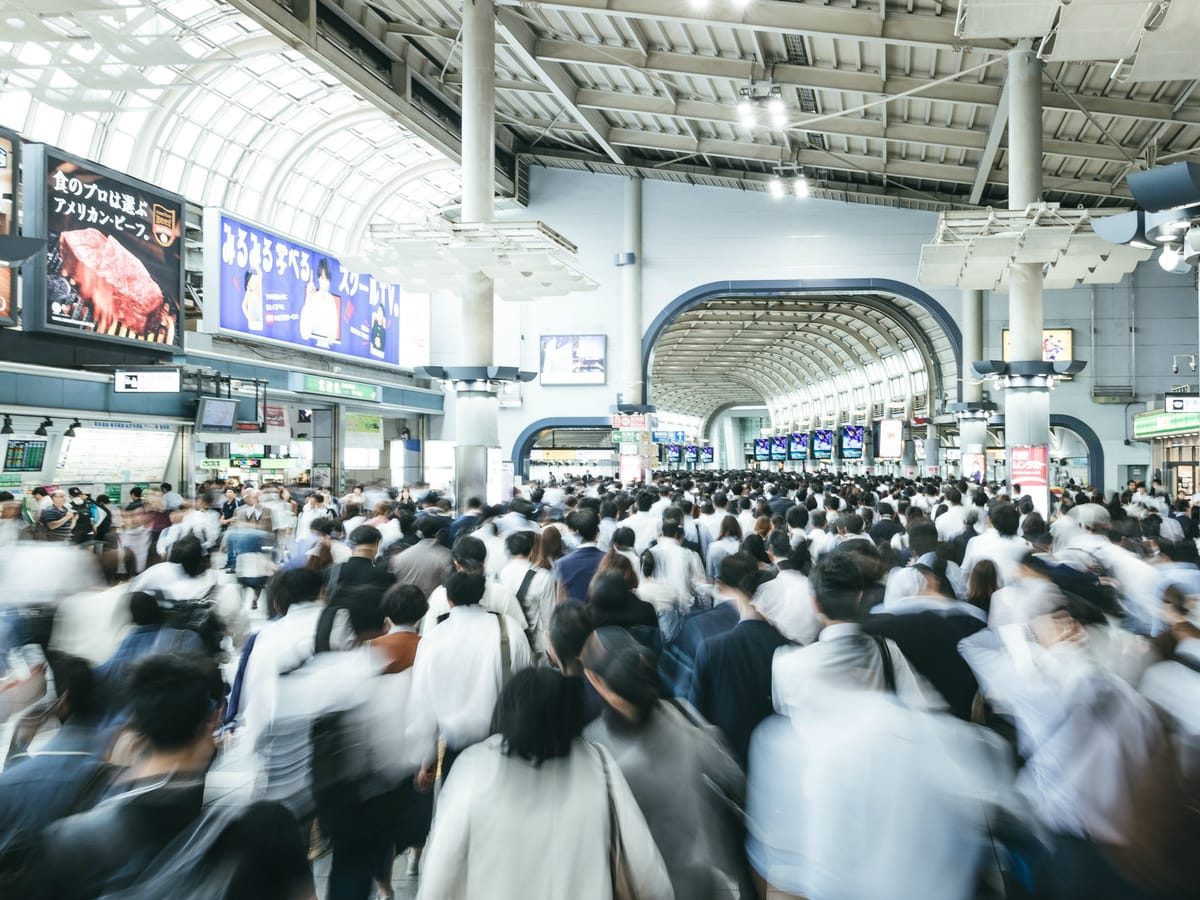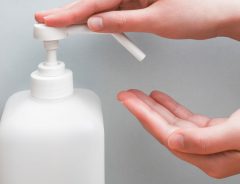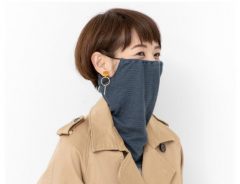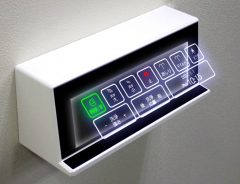
Source: © Pakutaso
Third of Service Industry Workers Banned from Wearing Masks Despite Coronavirus Outbreaks
- Tags:
- coronavirus / Face masks / Manners / Mask / service industry
Related Article
-

Blue Impulse thank health care workers with morse code message
-

Humorous COVID-19 road signs trend on Twitter as others turn to humor to beat the pandemic
-

Do you know the correct way to disinfect your hands? This tutorial may surprise you!
-

IKEA Japan sends help to healthcare workers during pandemic
-

Japan’s Mask Snood Fashionably Arrives Just In Time
-

Japanese company develops “floating image” no-touch touch panels to avoid direct button contact


One of 2020’s top headlines has been Coronavirus. As the death toll continues to rise in China, reported to be more than 250, and infections in the tens of thousands as of February 1st, neighboring Japan is also concerned and trying to limit the number of infections.
Japanese Concerned with Spread of Coronavirus
The number of domestic cases in Japan as of January 31 was reported at 13, but luckily no one has died. The virus has spread to more than 20 countries, and the first death outside of mainland China was reported to be in the Philippines on Saturday, February 1st.
But what is the Japanese government doing to prevent the spread of the new coronavirus? Japan’s health ministry doesn’t believe the virus is spreading and is simply warning citizens to take the same preventative measures as they would for the common cold or flu. So things like washing your hands often, avoid touching your eyes and nose, and covering coughs and sneezes.
However, according to a January survey conducted by Hoken Room, a little over 30% of customer service industry workers say their companies prohibit them from wearing a surgical mask during work.
How do Japanese Feel about Customer Service Reps Wearing Surgical Masks?
The internet survey polled 1,022 men and women about customer service workers wearing surgical masks.
Participants were first asked: “Of all the service industry positions you’ve worked at until now, have you ever been prohibited from wearing a surgical mask?”
© Wizleap All Rights Reserved
A total of 32.38% responded that they’d been banned from wearing a mask at some point. 15.7% said masks were explicitly banned, while 16.5% said there were implicit rules prohibiting them from donning a mask.
Those who replied they’d been restricted from wearing masks worked at a wide range of businesses including supermarkets, fast food restaurants, art museums, travel agencies, hotels, izakayas, department stores, and game centers.
Second, participants were asked: “What do you think about customer service workers wearing masks?”
© Wizleap All Rights Reserved
A total of 73.09% of people answered positively; “I don’t think anything of it,” (49.3%) and “It gives a sense of cleanliness” (23.8%). Meanwhile, about 10% responded they think not being able to see the person’s face is a little unsettling. The survey also included some real opinions:
One woman from Osaka in her 30’s said: “I think it’s better to wear a mask as a preventative measure if the person has a cold, or during flu season.”
Another woman in her 30’s from Kanagawa Prefecture answered “I want people to wear masks if they are frequently coughing or during allergy season when people are often sniffling. I don’t feel especially uncomfortable seeing people wearing masks.”
A 30-year-old female from Saitama Prefecture responded “I want people to wear masks if they deal with food. It gives me peace of mind, especially during flu season.”
One Osaka woman in her 40’s expressed discomfort at workers wearing masks. “I think a bit about hidden facial expressions and not being able to understand each other.”
And a woman from Toyama Prefecture said, “I think those serving food should wear masks, but otherwise it makes me uneasy not being able to see their facial expressions.”
Lastly, the survey inquired “As protection against coronavirus, what do you think about service industry workers wearing masks?”
96.77% responded they thought it is a good idea, giving reasons like preventing the virus from becoming an epidemic and to help decrease infections as much as possible.
However, one woman answered that she thinks other preventative measures must be carried out thoroughly in order to accommodate customers of various backgrounds who may not feel comfortable with workers wearing masks.
Takeaway
Wearing a surgical mask is one common precautionary measure taken in Japan, both to protect yourself during flu season, etc., and also to protect those around you when you are sick. The majority of Japanese people, according to this survey, believe the same rule applies to those working, specifically those who expose themselves to customers all day.
However, if a third of companies have strict policies against customer service workers wearing facemasks, they are putting both their own employees and customers at risk when there is a health crisis. Forbidding employees from wearing masks in the name of high-quality customer service could end up having a negative impact. Employees get sick and take days off, disease spreads, and even sales revenues go down.
From my personal experience as a teacher, my company’s boss, an American, expressed distaste for teachers wearing masks during lessons. However, my school’s manager often does wear masks to protect herself from the countless students she comes into contact with every day. According to her, at the end of the day, it’s not about being rude, it’s about having some commonsense and staying healthy.